Introduction
Choosing the right cricket bat is one of the most important decisions for any cricketer, whether you’re a beginner playing in your backyard or a semi-professional preparing for leather ball matches. A cricket bat is not just a piece of wood; it’s an extension of your playing style, strength, and strategy.
In 2025, with hundreds of bat brands, shapes, and models available, it’s easy to get confused. That’s where this comprehensive Cricket Bat Guide comes in. From size and weight to willow type, handle style, and use-case (tennis ball vs leather ball), this guide will help you choose the perfect cricket bat based on your unique needs.
Whether you’re searching for the best cricket bat for tennis ball in 2025, or you’re a parent trying to find the right bat weight for a 12-year-old, this guide is crafted to answer every question.
For more essential cricket equipment reviews and tips, visit: www.cricketclass.com
Types of Cricket Bats – English Willow vs Kashmir Willow
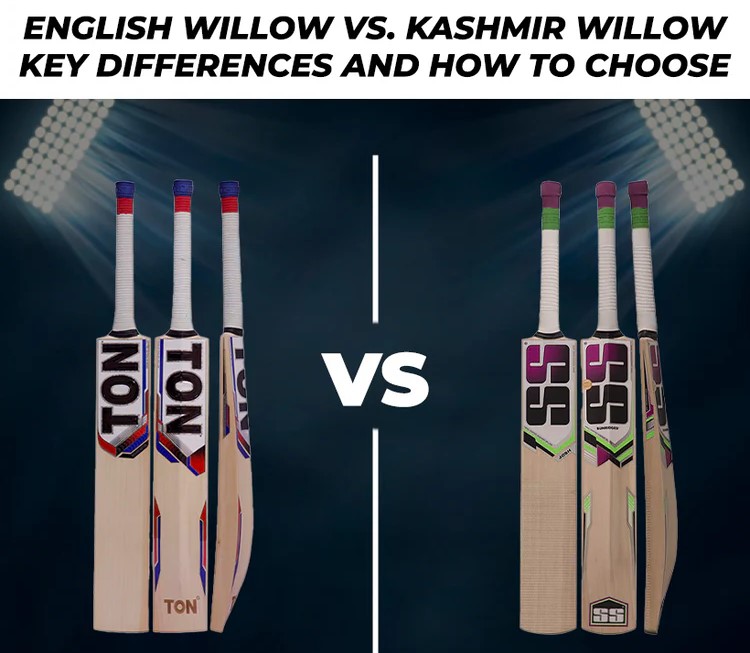
Which Wood is Used to Make a Cricket Bat?
Cricket bats are primarily made from two types of willow:
• English Willow: Softer wood, better rebound, used by professional players.
• Kashmir Willow: Harder, more durable, budget-friendly for beginners.
Which is better – English Willow or Kashmir Willow?
If you’re playing leather ball cricket and looking for performance, English willow is the way to go. For beginners and tennis ball players, Kashmir willow offers great value.
Also read: Best Kashmir Willow Bats for Beginners – 2025 Guide
Tennis Ball vs Leather Ball Bats
Choosing a Bat for Your Playing Style
Tennis Ball Bats – Lightweight, Powerful & Casual Play Friendly
Tennis ball cricket is one of the most popular formats in India, especially in streets, school grounds, and local tournaments. Bats made for tennis ball play are specifically designed to offer lightweight handling and explosive power with minimal effort.
Key Features:
• Lightweight Build: Typically weighs between 900g to 1.1kg, making it ideal for beginners and young players.
• Thicker Edges: Broad and thick edges allow for better power transfer and boundary hitting, even with soft balls.
• No Knocking Required: These bats are ready-to-use right out of the box.
• Soft Compression Design: The blade is designed to match the bounce and lower impact of a tennis ball.
• Budget-Friendly: Perfect bats available in the ₹500 to ₹2000 range.
Ideal For: Beginners, school-level players, casual gully cricket, and tennis ball tournaments.
Bonus Tip: Customize with colorful grips and cricket bat stickers to improve grip and aesthetics.
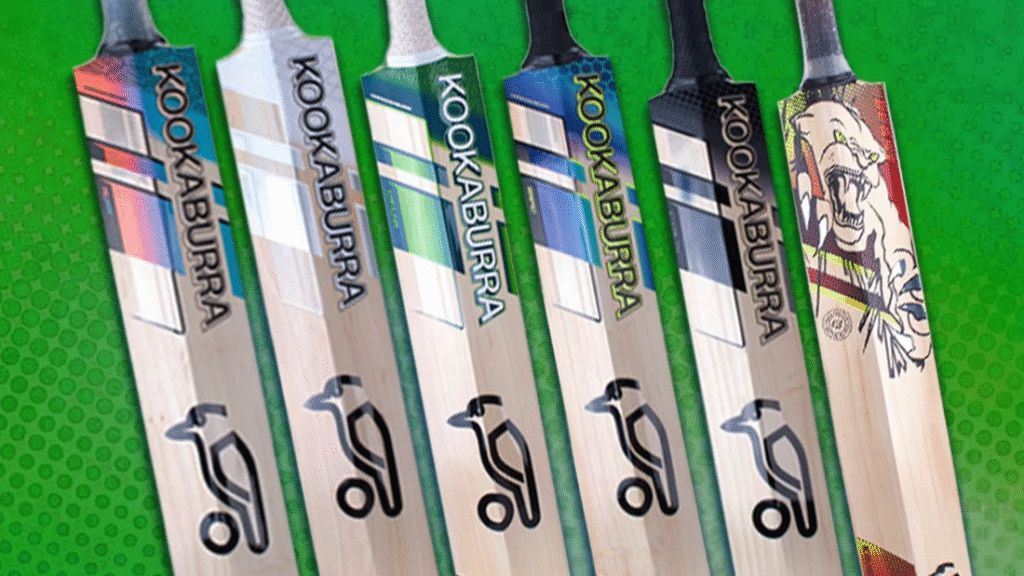
Leather Ball Bats – Durable, Professional & Match-Ready
Leather ball cricket requires higher strength, more impact resistance, and proper technique. That’s why bats for leather ball cricket are crafted with premium willow and demand extra preparation before use.
Key Features:
• Heavier Weight: Generally weighs 1.2kg to 1.4kg, which provides strong hitting power.
• Superior Willow: Made from English willow (used by professionals) or premium Kashmir willow (for intermediate players).
• Grain Structure: Higher grain count indicates better responsiveness and longer lifespan.
• Needs Knocking-in: Proper knocking with a wooden mallet is essential to prepare the bat for high-impact leather balls.
• Professional Build: Designed for serious players participating in club matches or official formats.
Ideal For: Competitive cricket, coaching academies, club-level tournaments, and advanced learners.
Important: Never use a leather ball with a bat that hasn’t been knocked-in. It may cause cracks or permanent damage.
Bat Size Guide Based on Height and Age
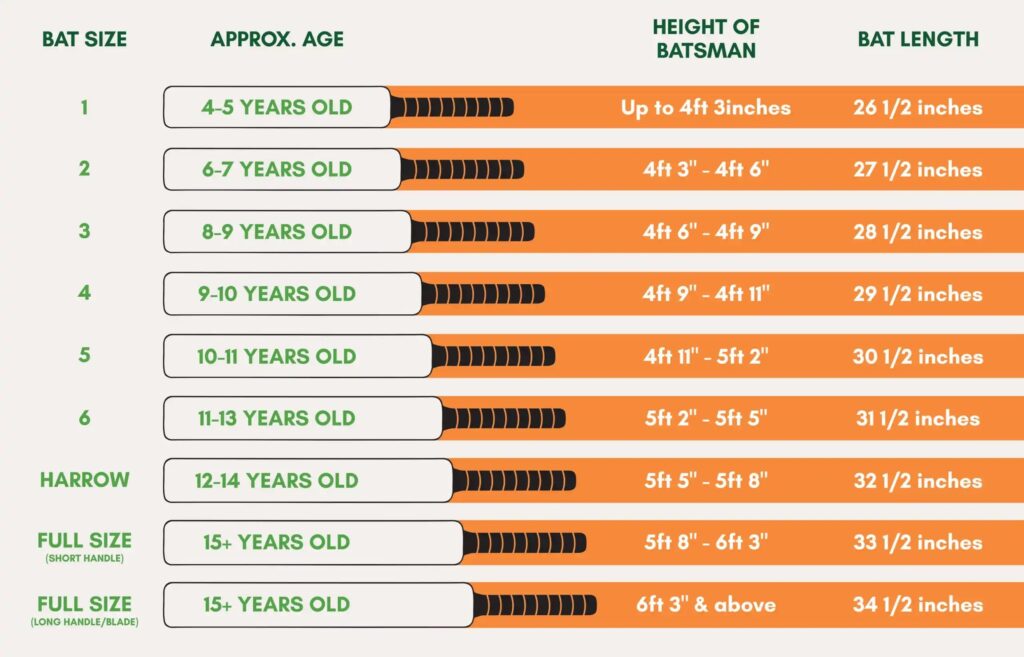
Bat Size Chart (Infographic Recommended Here)
| Player Height | Approx. Age | Recommended Size |
| Under 4’3″ | Under 7 | Size 1 |
| 4’3″ – 4’6″ | 7–9 | Size 3 |
| 4’6″ – 4’9″ | 9–11 | Size 4 |
| 4’9″ – 5’3″ | 11–13 | Size 5/6 |
| 5’3″ and above | 13+ | Harrow/SH/LH |
Right Bat Weight for 12-Year-Old Cricketer
A 12-year-old generally does well with a Size 5 or 6 bat weighing around 1.0 to 1.2 kg.
Also Read: Best Bats for Junior Cricketers – Cricket Class
Light vs Heavy Bat – Which One to Choose?
Cricket Bat Weight Explained
• Standard bat weight: 1.1 kg to 1.3 kg
• Lighter bats: Better control, faster swing
• Heavier bats: More power, less maneuverability
Difference Between Light and Heavy Cricket Bats
A lighter bat suits players who focus on timing and wrist work. Power hitters often prefer heavier bats for strong shots.
Handle Types and Their Benefits
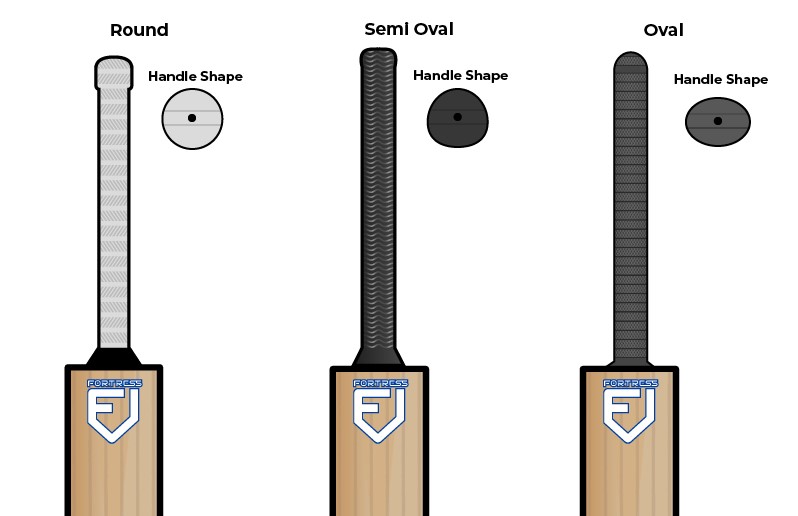
Cricket Bat Handle Types
• Round Handle: Suitable for flicks and wristy players
– Great for aggressive stroke-makers who rely on bottom-hand power.
• Oval Handle: Offers better directional control
– Provides a stable grip, reducing bat twist during off-center shots.
• Semi-Oval Handle: Balanced option
– Combines comfort of round handles with the control of oval, ideal for all-rounders.
Does Bat Shape Impact Batting Performance?
Yes, shape and spine profile affect the balance, sweet spot, and stroke-play. It’s not just the wood — the geometry of the bat matters.
How to Knock a Cricket Bat Properly
Step-by-Step Knocking Guide
- Apply raw linseed oil to the bat face
- Use a wooden mallet for knocking
- Tap gently on edges and toe
- Knock for 6–8 hours over 4–5 days
- Use old leather balls in nets to finish
This process strengthens the grains and reduces cracks when playing with leather balls.
Watch: How to Knock a Cricket Bat – YouTube Video
Buyers’ Guide: Specific Bat Recommendations
• Best Cricket Bat for Tennis Ball 2025: Lightweight, Kashmir willow, long blade
• Under ₹1000 Cricket Bat: Kashmir willow, Size 5, light handle
• MRF Cricket Bat: Popular among pros, great rebound
• Bat Stickers: Customize your bat for personal feel
• Bat Drawing: Kids can draw or paint bats for school projects
Where to Buy? Online vs Local
Search: “Cricket Bat Shop Near Me”
Compare:
• Online Stores: More variety, better pricing, reviews available
• Offline Stores: Can feel the bat physically, try balance
Also Read: Top 5 Online Cricket Shops in India – Cricket Class
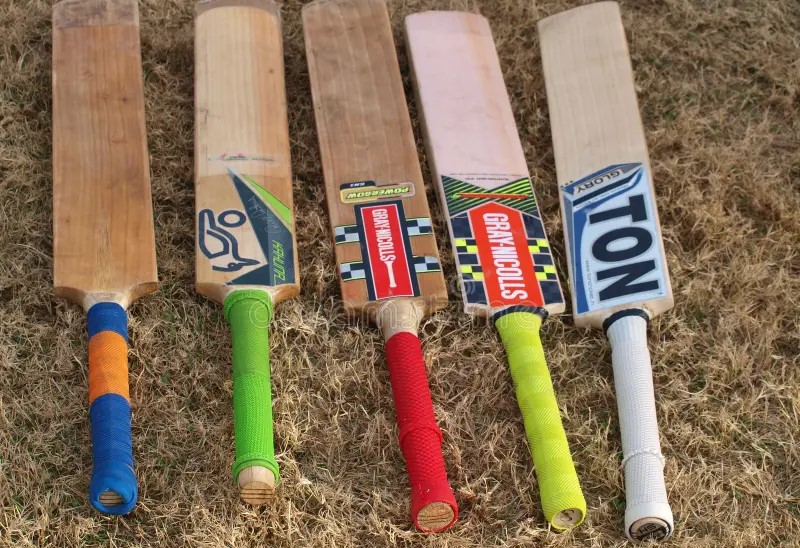
FAQs
1. How to choose bat size based on height and age?
Ans. Refer to the Bat Size Chart above to determine the correct size based on your height and age group.
2. Which is better – English willow or Kashmir willow?
Ans. English willow is preferred for pro matches, while Kashmir willow is ideal for budget and casual play.
3. What is the ideal weight of a cricket bat in kg?
Ans. Between 1.1 to 1.3 kg for adults; under 1.2 kg for juniors.
4. How to knock a cricket bat properly?
Ans. Apply linseed oil, knock with a mallet for 6–8 hours, and use in nets before match play.
5. Does bat shape impact batting performance?
Ans. Yes, the spine, edge, and curve define balance, sweet spot, and control.
Conclusion
Choosing the right Cricket Bat is essential for your comfort, performance, and overall enjoyment of the game. This 2025 guide is designed to help you make an informed decision based on facts, not hype. Whether you’re smashing tennis balls or playing in a leather ball league, the right bat can truly elevate your game.
Also Read: Top 10 Cricket Gloves for Comfort and Grip
For more cricket gear guides, visit www.cricketclass.com

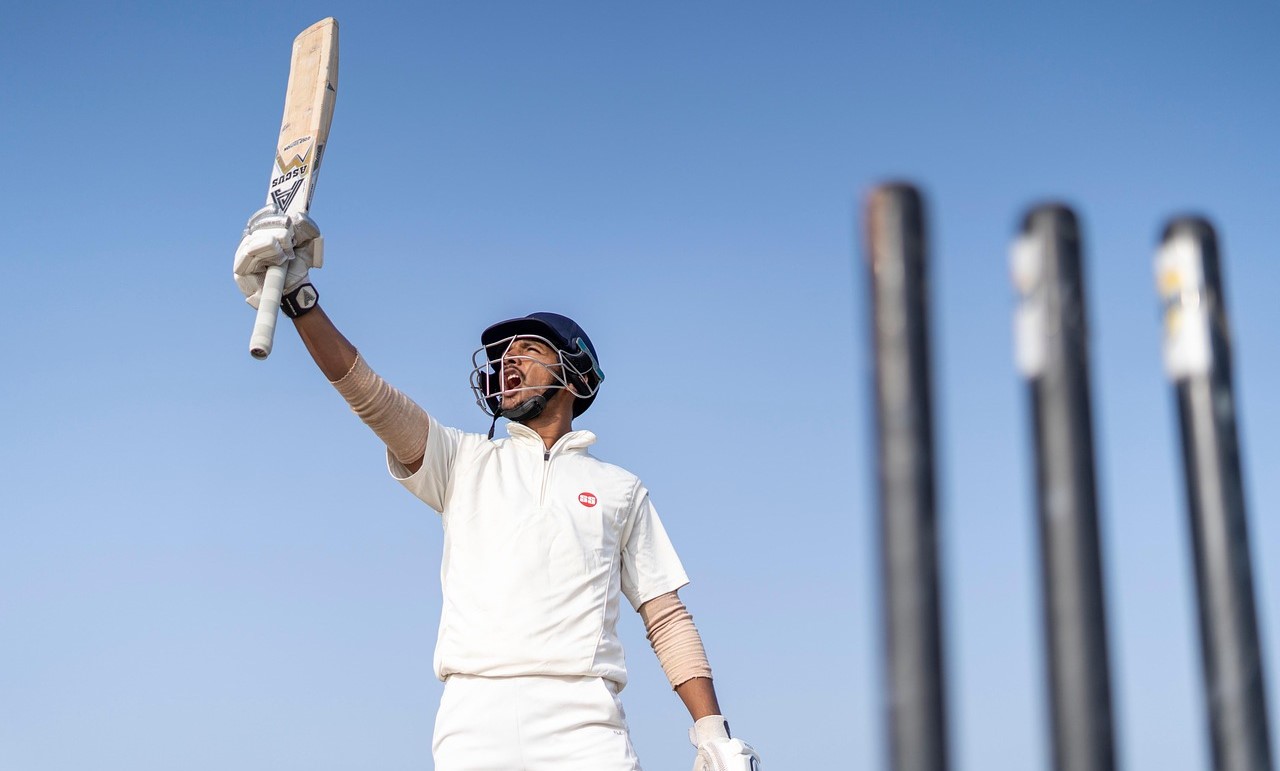
A very clear cool and greatful helpful information
Thanks for it